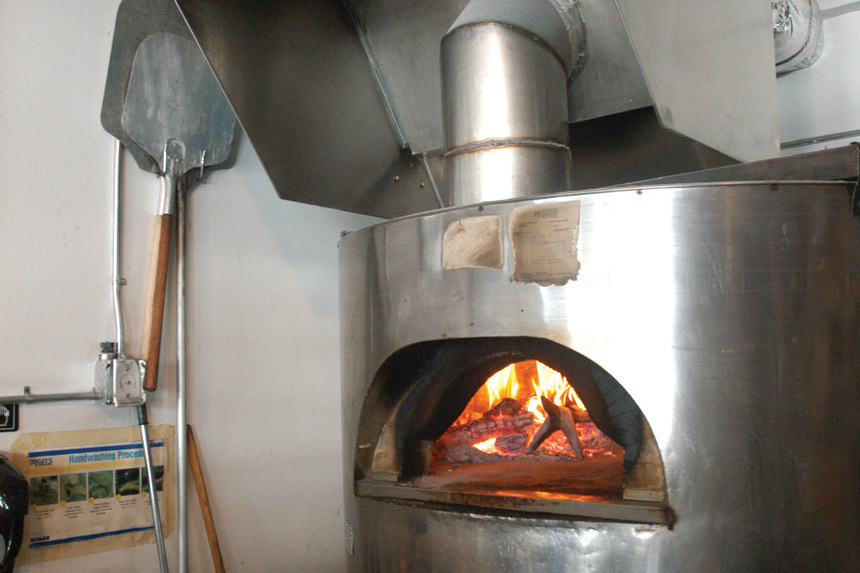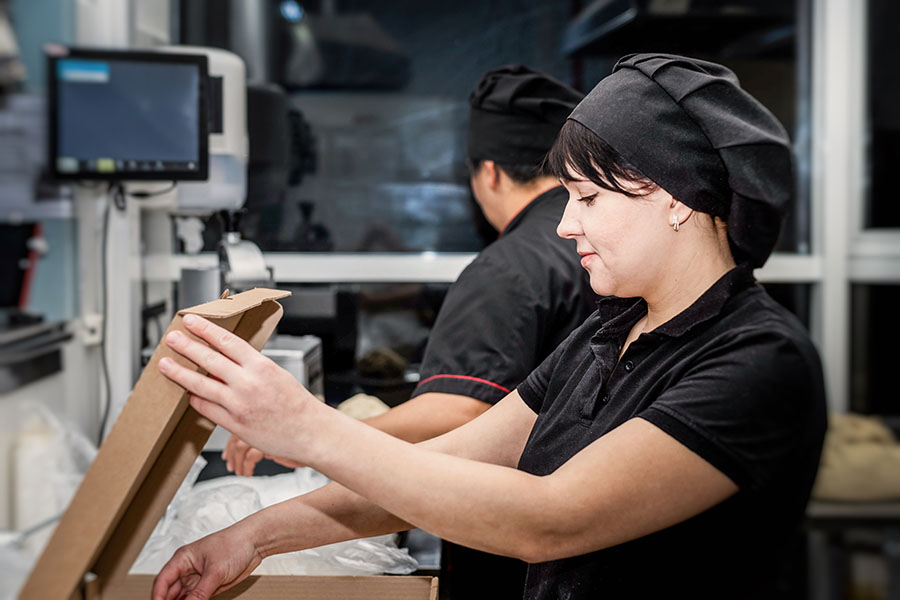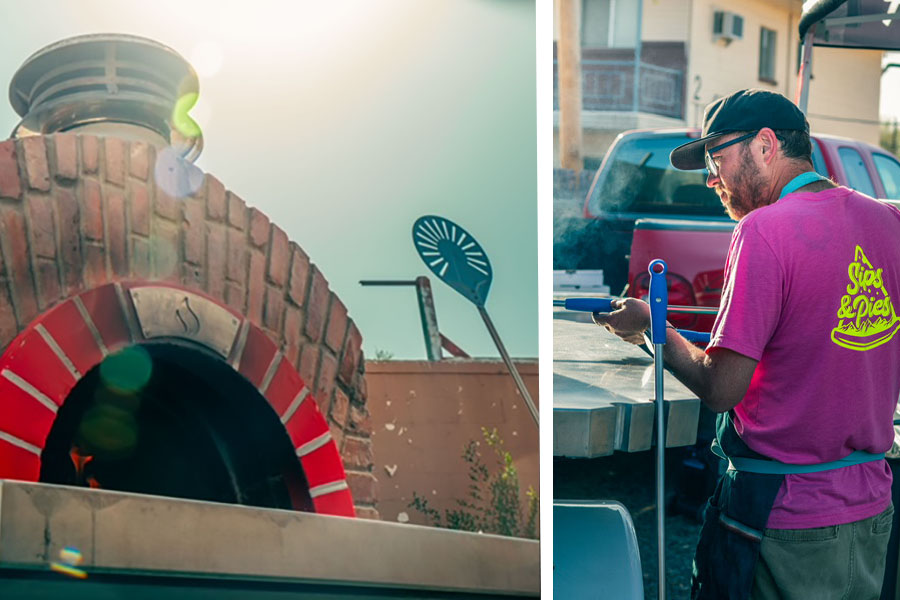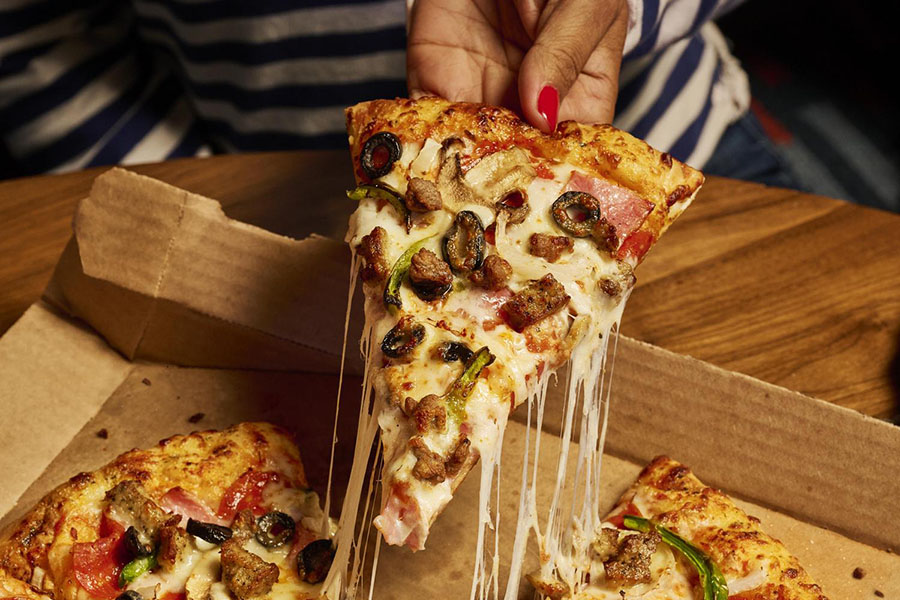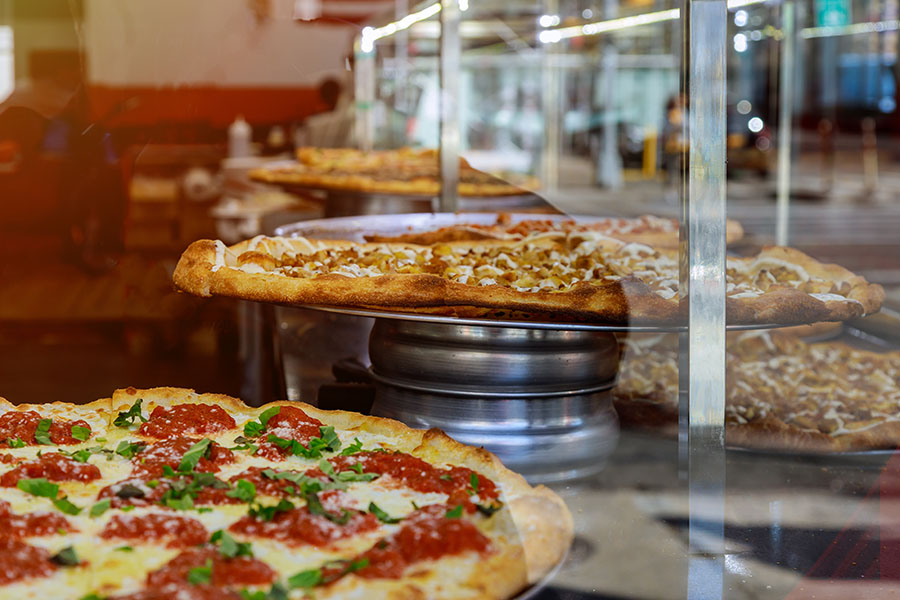It’s a dirty job, but somebody’s gotta clean the equipment
Equipment maintenance is the most obvious managerial task that is rarely treated that way in our industry. If you drove a semi-truck for a living, maintaining it would be paramount to your success as a driver; however, doing the same with ovens and refrigeration equipment time after time is the last thing on the minds of most operators. It should be more of a focus instead of us adopting the “out of sight, out of mind” mentality. What’s going on behind or under your equipment could ultimately cost you.
I have found that if there is not an individual directly responsible for the task with a set schedule that they are held to, it will inevitably get forgotten or assumed that someone else took care of it.
So let’s break down how often to clean items and ways to make sure it happens:
- Refrigeration. The fins of your condensers should be cleaned weekly (not monthly –– weekly). I have units that have lasted seven years without a compressor change. That only happens with very focused maintenance.
- Ovens. Refer to the manufacturer, but whatever they say needs to be respected. I have two different ovens with two different maintenance schedules. I have tasks for both that are daily, weekly, monthly and quarterly. For one of my ovens, for example, there are four monthly tasks I have. So Wednesday every week is oven day –– one task for the first Wednesday of the month, a new task for the next Wednesday and so on.
Now all the other items in a kitchen, such as fryers, stovetops, convection ovens, etc., all abide by one major rule: spray, scrub and wipe.
It could be done with degreaser first, then sanitizer. Whatever you prefer, just make sure you spray it down, scrub the carbon or grease and then sanitize it and wipe it to look brand new. It’s deceptively simple, but needed.
One of my first jobs as a kid was working at a high-end steakhouse in San Francisco as an expediter. I had a seemingly simple task of getting the soup station clean at night as part of my side work. All I had was hot water, sanitizer and a towel to get it done. It would take 15 minutes of time to wipe it clean, but I realized at a young age that anything can get clean with focus and dedication to doing it. So when I see carbon build up or grease on items in a restaurant, it drives me bonkers. When that occurs it is due to pure laziness.
So, how can you ensure tasks are completed?
Accountability is key, but so is communication. For all my stores, I have a white board that is custom-made for Andolini’s. You could easily make yourself one in Microsoft Word format. The bottom of my board has my daily, weekly, monthly and quarterly tasks. It is the kitchen’s responsibility to get each task done and initial it once it is completed.
Once the week is done, that section can be wiped away. This prep board is the same for all my stores, so everyone knows companywide that Wednesday is oven day. There is no ambiguity. Over the years I saw a trend of paper lists not getting done as often because it wasn’t as “in your face” and open as a massive white board in the center of my kitchen.
In my set up, the morning crew is responsible for all prep and the night crew handles cleaning. So it’s the closer’s responsibility to ensure all these tasks are done. For clarity, we have a group text that the crew, kitchen manager and the general manager — along with me — are on. The crew takes a photo of the board before closing. We then share the photo on the group text and know that each store is buttoned up.
FYI, the cost of making a false initial (saying a task is done when it is not) is termination. That’s right — you’re fired. The board has to be held as sacred. It took a while, but this has been a very solid setup for me.
What do you do when equipment breaks down? Here are a few guidelines:
- Have a list in your office of who to call when something goes wrong. It could be a repair company or a person in your organization responsible for maintenance, but have that list of numbers out in the open for everyone to see.
- Have whomever repairs an item leave you the part they replaced. It’s not uncommon for some repair person to take advantage, and no reputable organization will take offense to this.
- Feed your repair person. Not a smorgasbord, but a slice at least. Be a decent human to them. If they like coming to your place, you’ll get preferential treatment when you need them most.
- If it’s Friday morning and the item is on the brink, don’t chance it. Get it fixed Friday before 5 p.m. Otherwise repair costs can double over the weekend to get it done with the repair shop’s skeleton crew workers.
Beyond that, it’s a debate on how much you need to know about your equipment. For refrigeration, set up a contract with an AC company you trust and that is certified in your refrigeration brand. Have them come quarterly to do a check on it and do a professional cleaning. Have a log of this that they fill out in your office. If you notice the log not filled out, give them another chance or hire a new company who respects your setup.
For ovens, I say also have them checked out, disassembled and thoroughly cleaned at least once a year. With that said, the best investment of time you’ll ever spend is watching this maintenance and cleaning. I also suggest recording the parts being taken apart on your phone. That way if you get in a real jam you know how to do anything that needs to be done to your oven. Refrigeration requires coolant and new parts. An oven will only require a wrench and some grease most of the time, so it pays to know your oven.
This business is all about knowing every facet of your store. That means knowing when to do it yourself and when to outsource.
Mike Bausch is the owner of Andolini’s Pizzeria in Tulsa, Oklahoma. He is a frequent speaker at the International Pizza Expo family of tradeshows.
